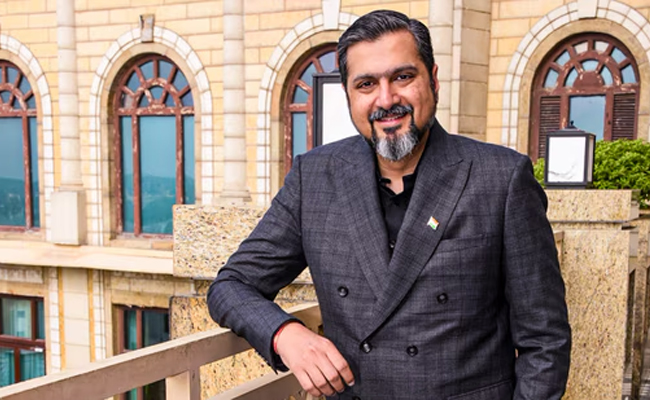Newark (US), Jan 4: A New Jersey imam was gunned down outside his mosque before dawn on Wednesday, leaving authorities hunting for a shooter and saying they have found no evidence yet that an anti-Muslim bias played a part in the shooting.
Imam Hassan Sharif was in his car when he was shot more than once at about 6 am near the Masjid-Muhammad Mosque in Newark, the state's largest city, Essex County Prosecutor Ted Stephens said at a news conference. He was taken to a nearby hospital but died in the afternoon.
"I know that in light of global events and with a rise in bias directed at many communities we are experiencing across our state -- particularly the Muslim community -- there are many in New Jersey right now who are feeling a heightened sense of fear or anxiety at the news of this slaying," Attorney General Matt Platkin said.
Despite that, Platkin said law enforcement has stepped up outreach to houses of worship, particularly Jewish and Muslim ones, explicitly acknowledging the tensions unfolding in many parts of the world amid the fighting in Gaza since the October 7, 2023 Hamas attack on Israel.
Sharif had been a resident imam at the local mosque for five years, Newark Public Safety Director Fritz Fragé said. He remembered the imam as a leader in the interfaith community who worked to keep the city safe.
"We share your pain and we promise to utilise the full resources of those here and those who are continuing to partner with us to make sure that this heinous crime is solved," he said.
The New Jersey chapter of the Council on American-Islamic Relations, the nation's largest Muslim civil rights and advocacy organisation, called Sharif a "beacon of leadership and excellence" and said while the shooter's motives are unknown, the group is advising all mosques to "remain cautious" while keeping their doors open.
About 320,000 of the state's roughly nine million (90 lakh) residents are Muslims, Platkin said. After Wednesday's shooting, officials reached out to Muslim communities in the city and across the state.
"We are asking everybody in our community and our partners to let us know if there is anything that they want to be done and anything that is making them feel unsafe so we can respond," Fragé said.
Let the Truth be known. If you read VB and like VB, please be a VB Supporter and Help us deliver the Truth to one and all.
Kolkata (PTI): Seven people were arrested from the Parnashree area in the southern part of the city for allegedly running a fake call centre, a police officer said on Saturday.
Acting on a tip-off, police raided a house on Netaji Subhas Road on Friday night and found the fake call centre operating from the ground floor, he said.
Preliminary investigation revealed that the accused had set up a bogus company using forged documents and posed as employees of an antivirus firm to call citizens in the US, the officer said.
"The callers would gain the trust of victims and then use remote access to take control of their phones or other digital devices. The accused allegedly siphoned off large sums of money, running into millions of dollars, from victims' accounts," he said.
Five laptops, two WiFi routers, six mobile phones and four headsets were seized from the accused, he said, adding that the seven are being questioned to ascertain the full extent of the racket and to identify others involved.





